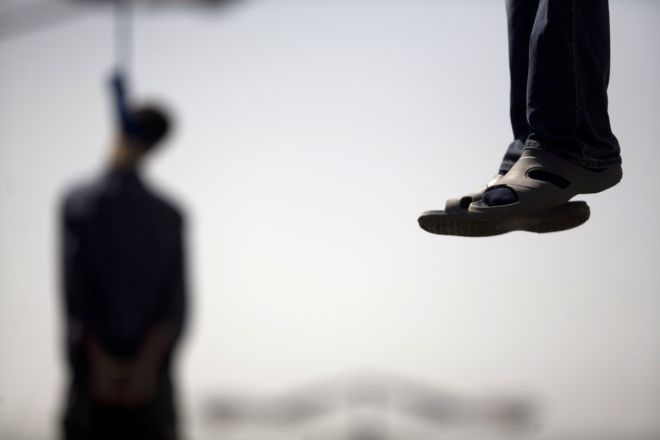
Colleges and Universities in Philippines submitted a collective statement asking national lawmakers to vote against the House Bill 4727, or the bill that will revive the death penalty law in the Asian country.
The bill survived the final reading in the House of Congress (or the lower house) with 217 lower house legislators voting for it, 54 voting against and one abstaining. Most lawmakers are political allies of the president, who are members of the PDP-Laban political party.
One of those who objected was former Philippine president, Gloria Arroyo, who is now a congressional district president.
The university leaders, from 11 institutions, submitted their statement to the Philippines media stipulating that the death penalty is anti-poor, violates international commitments, has not been proven conclusively to deter crime, will not solve the drug problem, will not dispense justice and the ultimate violation of the human right to live.
Those who signed the press statement were leaders or representatives of the country's known academic institutions: Ateneo de Manila University, Ateneo de Cagayan, De La Salle University, De La Salle Philippines, San Beda College, St. Scholastica's Collge, University of the Philippines Diliman, University of the Philippines Manila, University of Sto Thomas and Xavier School.
However, the Duterte government defended the bill saying that majority of the Filipinos are supporting the bill. Presidential Spokesperson, Ernesto Abella, also emphasized the importance of the recent Pulse Asia survey that found 67% of Filipinos are supporting this bill on capital punishment.
The Duterte administration is pushing for the revival of the death penalty as a campaign to run after illegal drug lords in the country, where there are 4 million suspected drug users and peddlers. 8,000 suspected drug users and peddlers have been killed since Duterte was elected as the president in May 2016.
The bill has already reached the upper house and is due for deliberation. Earlier, the bill on capital punishment included heinous crimes such as murder, rape, plunder and treason but all of these were removed by the lower house legislators who insisted that the bill should be applied to drug-related crimes only.
Capital punishment was legal in the Philippines earlier, but was scrapped when Gloria Arroyo became President of the Republic from 2001-2010. When Duterte assumed the presidency, he revived the death penalty bill, saying that it will make Philippines a drug-free country.









